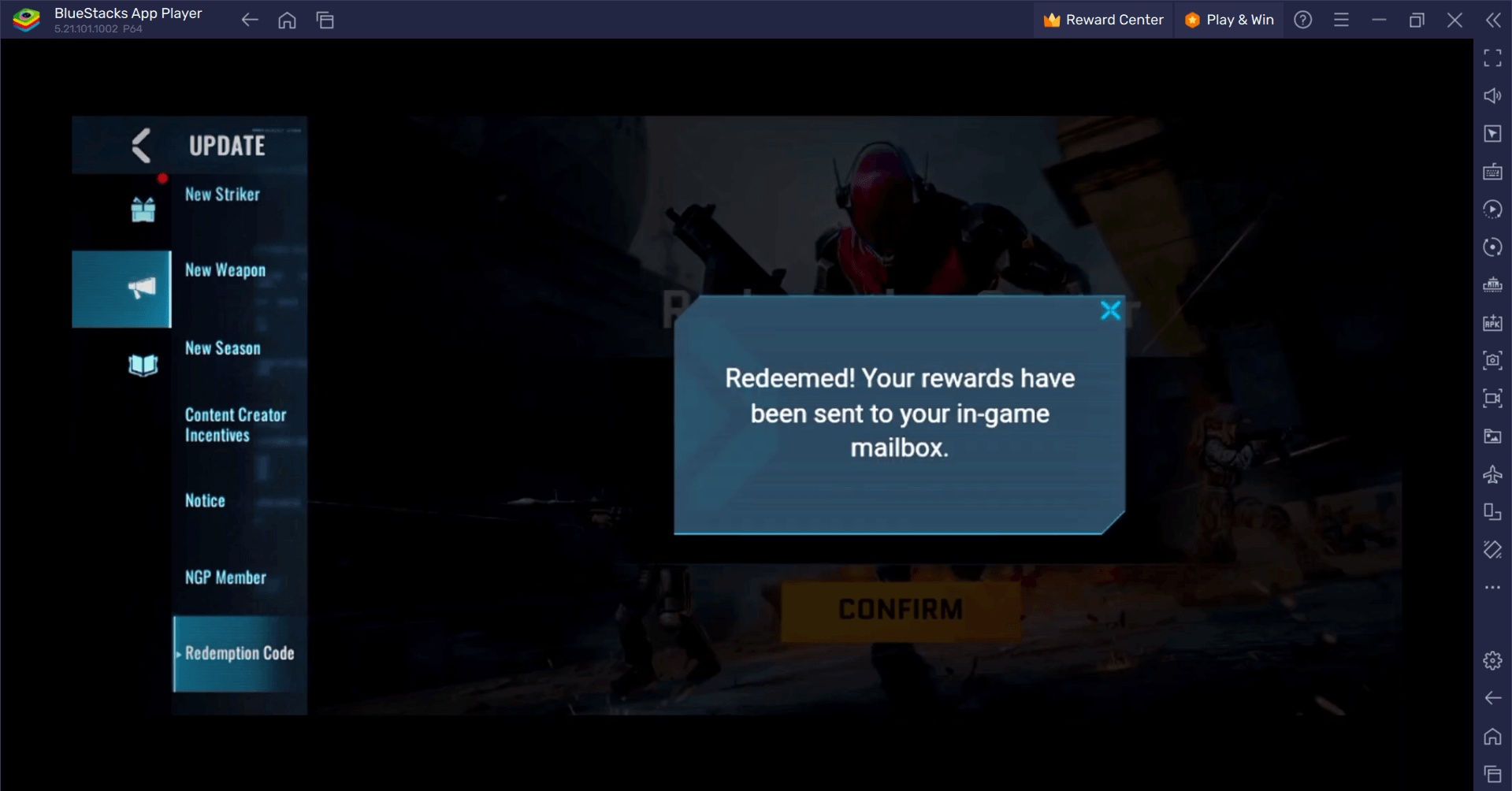Home > News > Ubisoft \'Deeply Disturbed\' By Assassin\'s Creed Shadows Support Studio Abuse Allegations
Ubisoft \'Deeply Disturbed\' By Assassin\'s Creed Shadows Support Studio Abuse Allegations

Ubisoft Responds to Abuse Allegations at Indonesian Support Studio
Ubisoft has issued a statement expressing deep concern regarding allegations of mental and physical abuse at Brandoville Studio, an external support studio that contributed to Assassin's Creed Shadows. The report, detailed in a recent People Make Games YouTube video, paints a disturbing picture of workplace conditions.
The video alleges a pattern of abusive behavior by Kwan Cherry Lai, the commissioner and wife of Brandoville's CEO. Accusations include severe mental and physical abuse of employees, forced religious practices, sleep deprivation, and even coerced self-harm. These claims are corroborated by multiple former Brandoville employees who have come forward with similar accounts of mistreatment, including salary manipulation and the overworking of a pregnant employee, resulting in a premature birth and the subsequent death of the child.
Brandoville Studio, founded in 2018 and based in Indonesia, ceased operations in August 2024. Allegations of abuse reportedly date back to 2019, a period during which the studio worked on projects including Age of Empires 4 and Assassin's Creed Shadows. Indonesian authorities are investigating these claims and reportedly seeking to question Kwan Cherry Lai, who is currently believed to be in Hong Kong.
This incident underscores the ongoing issue of abuse within the video game industry. Numerous reports over the years have highlighted harassment, mental and physical abuse, and toxic work environments. The case highlights the urgent need for stronger employee protections and accountability mechanisms to prevent such incidents from recurring. The future prospects for justice for the alleged victims remain uncertain. The broader conversation about improving workplace conditions and combating abuse, including online harassment, continues to be critical.
-
1
![Roblox Forsaken Characters Tier List [UPDATED] (2025)](https://imgs.ksjha.com/uploads/18/17380116246797f3e8a8a39.jpg)
Roblox Forsaken Characters Tier List [UPDATED] (2025)
Mar 17,2025
-
2

Roblox UGC Limited Codes Unveiled for January 2025
Jan 06,2025
-
3

Stardew Valley: A Complete Guide To Enchantments & Weapon Forging
Jan 07,2025
-
4

Pokémon TCG Pocket: Troubleshooting Error 102 Resolved
Jan 08,2025
-
5

Free Fire Characters 2025: Ultimate Guide
Feb 20,2025
-
6

Blood Strike - All Working Redeem Codes January 2025
Jan 08,2025
-
7

Blue Archive Unveils Cyber New Year March Event
Dec 19,2024
-
8

Roblox: RIVALS Codes (January 2025)
Jan 07,2025
-
9

Cyber Quest: Engage in Captivating Card Battles on Android
Dec 19,2024
-
10

Delta Force: A Complete Guide to All Campaign Missions
Apr 09,2025
-
Download

A Simple Life with My Unobtrusive Sister
Casual / 392.30M
Update: Mar 27,2025
-
Download

Random fap scene
Casual / 20.10M
Update: Dec 26,2024
-
Download
![Corrupting the Universe [v3.0]](https://imgs.ksjha.com/uploads/66/1719514653667db61d741e9.jpg)
Corrupting the Universe [v3.0]
Casual / 486.00M
Update: Dec 17,2024
-
4
Ben 10 A day with Gwen
-
5
Oniga Town of the Dead
-
6
A Wife And Mother
-
7
Cute Reapers in my Room Android
-
8
Permit Deny
-
9
Utouto Suyasuya
-
10
Roblox














